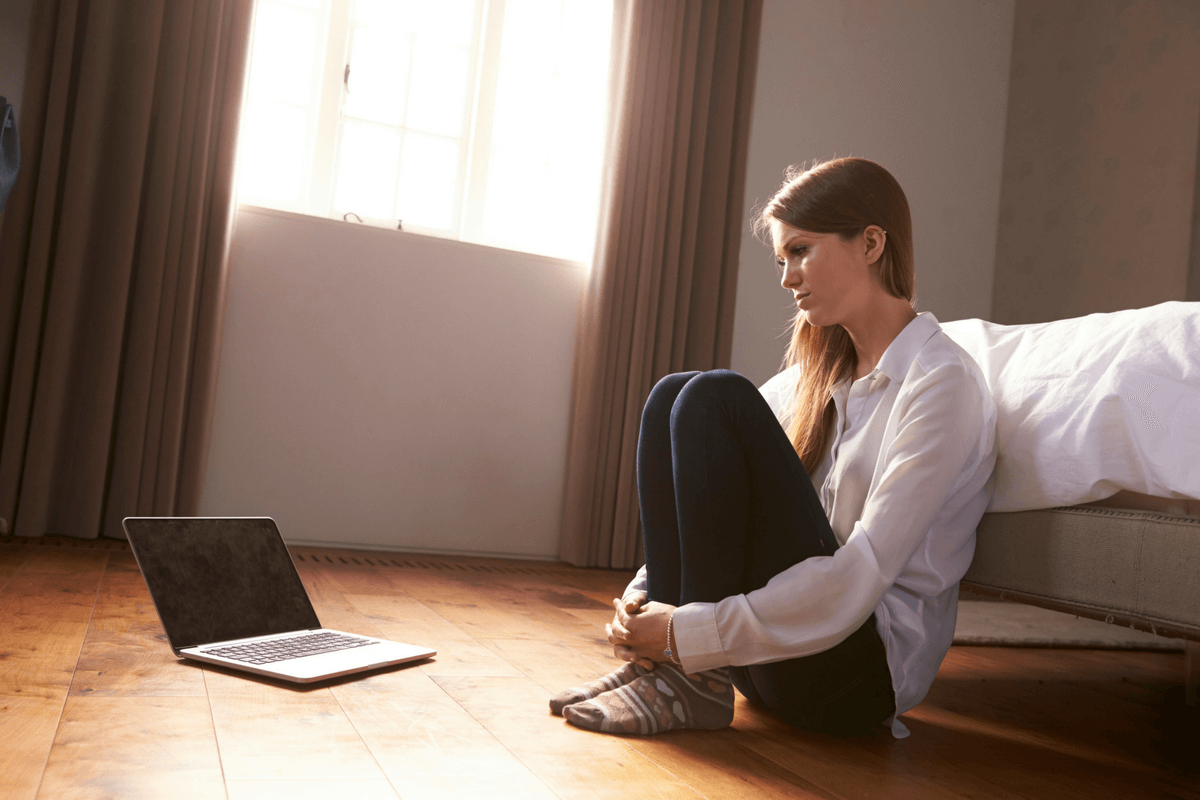
Back in the pre-Internet days when we had a blowup with a friend or a breakup with an ex, we simply didn’t hang out with them anymore. Nowadays we unfollow, mute, unfriend, and block people we no longer want to hear from. But more and more studies are showing that the psychology of the unfollow leads to feelings of personal guilt, tension, and depression.
A Yale study found that we only recognize 72% of our Facebook friends, so sometimes we have to do a little de-cluttering of our social media profiles to remove those we don’t know. Through social media we learn whose marriage is ending by who they unfriend. And now there are dozens of digital products to help keep track of whom you follow but doesn’t follow back so you can choose to unfollow out of spite.
But, according to experts, unfollowing can have dual effects—some bad, like boxer Floyd Mayweather who was said to have gone “nuclear” when Justin Bieber unfollowed him, and some good, like actress Gabrielle Union unfollowing a barrage of online mommy shamers after her daughter was born to a surrogate.
With me to discuss why, when, and how we should unfollow are Dr. David Greenfield, founder of The Center for Internet and Technology Addiction, BuzzFeed’s Katie Notopoulos, and creator of the hashtag UnfollowAMan, and Collin Robinson, creator of the site Who Unfollowed Me.
- Dr. David Greenfield
- Collin Robinson
- Katie Notopoulos













